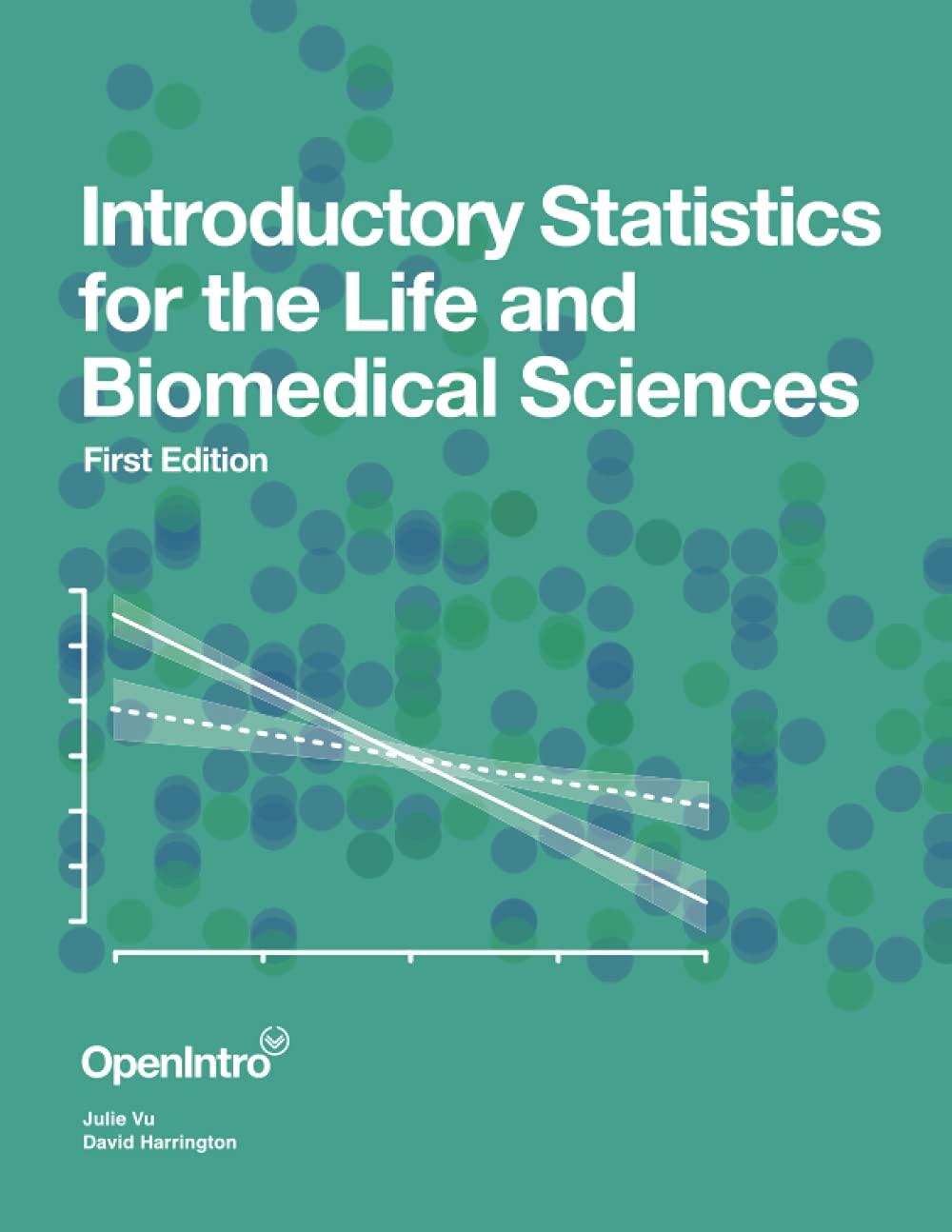A psychologist conducts a study on intelligence in which participants are asked to take an IQ test
Question:
A psychologist conducts a study on intelligence in which participants are asked to take an IQ test consisting of n questions, each with m choices.
(a) One thing the psychologist must be careful about when analyzing the results is accounting for lucky guesses. Suppose that for a given question a particular participant either knows the answer or guesses.
The participant knows the correct answer with probability p, and does not know the answer (and therefore will have to guess) with probability 1-p. The participant guesses completely randomly. What is the conditional probability that the participant knew the answer to a question, given that they answered it correctly?
(b) About 1 in 1,100 people have IQs over 150. If a subject receives a score of greater than some specified amount, they are considered by the psychologist to have an IQ over 150. But the psychologist’s test is not perfect. Although all individuals with IQ over 150 will definitely receive such a score, individuals with IQs less than 150 can also receive such scores about 0.1% of the time due to lucky guessing. Given that a subject in the study is labeled as having an IQ over 150, what is the probability that they actually have an IQ below 150?
Step by Step Answer:

Introductory Statistics For The Life And Biomedical Sciences
ISBN: 9781943450121
1st Edition
Authors: Julie Vu, David Harrington





